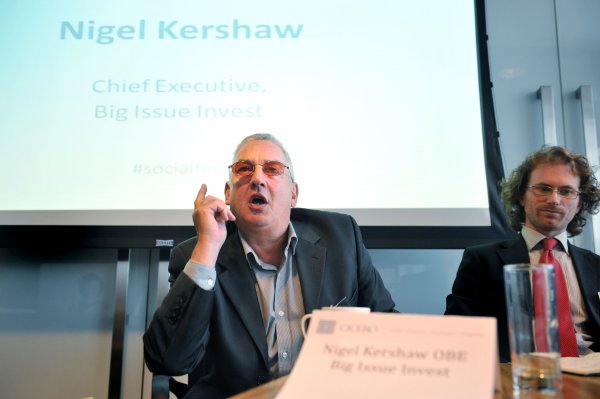Business Culture: Decision Making
Cultural Context
When it comes to the decision-making process in the United Kingdom, traditional ways are increasingly taking a back seat to more modern approaches, due in large part to the proliferation of high-tech companies . However, if dealing with an older firm, the hierarchal method will be firmly entrenched, and the organization will often be structured around a family unit. Conversely, UK tech organizations and financial groups have largely "flattened" their hierarchies, whereby authority is dispersed. But this newer, team-oriented approach comes with certain pitfalls. For example, some feel that "blame culture" has permeated the British workplace, and that it is not uncommon for an individual to be blamed if a team project goes awry.
Whether dealing with an old firm or newer tech company in the United Kingdom, expect the decision-making process to be slower than that in the United States. It is highly recommended that you stay patient throughout and never rush the process, as this can have adverse effects and kill the deal.
Power Structures
If dealing with an older, well-established British organization, decisions will probably be made exclusively by those at the top. On the other hand, authority at newer and high-tech firms is usually distributed throughout the ranks of management, and even lower-level staff members may be allowed to make key decisions.
Key Contacts
Depending on the type of company you're dealing with, your key contact(s) will vary. If it is a traditional British firm, priority should be placed on establishing a business relationship and meeting with the upper echelon. If it's a high-tech company, financial group, or an organization that services these outfits, establishing contacts at every level of management is advantageous, and in fact crucial.
Communicating Styles
Business communication style is rather diplomatic in the UK, and diplomacy trumps directness. In fact, the UK businessperson will equate directness with confrontation. Humor is also frequently employed in business meetings, and the more tense a situation, the more likely they are to use it. However, this doesn't mean your UK counterpart is not taking the situation seriously; he or she is merely trying to diffuse tension and keep the discussion calm and reserved.
English is the official business language in the UK, but remember that the Queen's English can be quite different from American English or other forms of English spoken throughout the world. For example, if you are meeting a UK businessperson at his or her office and have been instructed to take the lift to the first story, you should take the elevator to the floor above the ground level (which Americans would call the second story).
Similar to most places in the world, in the UK forming a solid relationship usually precedes a business decision being made, although with the younger generation, this is not always necessary. Business offices throughout Britain, whether they are traditional or high-tech, can be quite formal, and third-party introductions are important. Senior corporate executives comprise a tightly knit network that can be difficult to penetrate. The British are reluctant to deal with those with whom they are unfamiliar. If a meeting is set, it will begin with polite courtesies and informal conversation. Handshakes and cards are exchanged as introductions proceed from upper to lower ranks. It should be noted that UK businesspeople prefer a soft, understated approach, as opposed to aggressive hard-sell tactics. And self-deprecation is far more respected in the UK than self-promotion. It is also important to avoid prolonged eye contact, as it will make your UK counterpart uncomfortable. Questions should be answered with as much information or statistics as possible. If your UK counterpart is doing the selling, expect a great deal of Old World charm and socializing as part of a business meeting.
Implementing Agreements
Meetings should be immediately followed by a letter outlining points discussed and how you intend to proceed with your proposal. If an agreement is reached, a contract will be offered that is tight and equitable with a lot of legal protection for all parties. All signatories are expected to make good-faith efforts to fulfill a contract's requirements. However, although not as litigious as their Colonial cousins in America, the British are not afraid to contact their barristers (lawyers) if they think they have been mistreated by a foreign partner.
Article written for World Trade Press by Dale Patrick Myers.
Copyright © 1993—2024 World Trade Press. All rights reserved.

 United Kingdom
United Kingdom 



